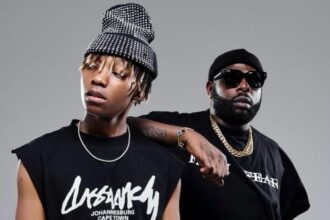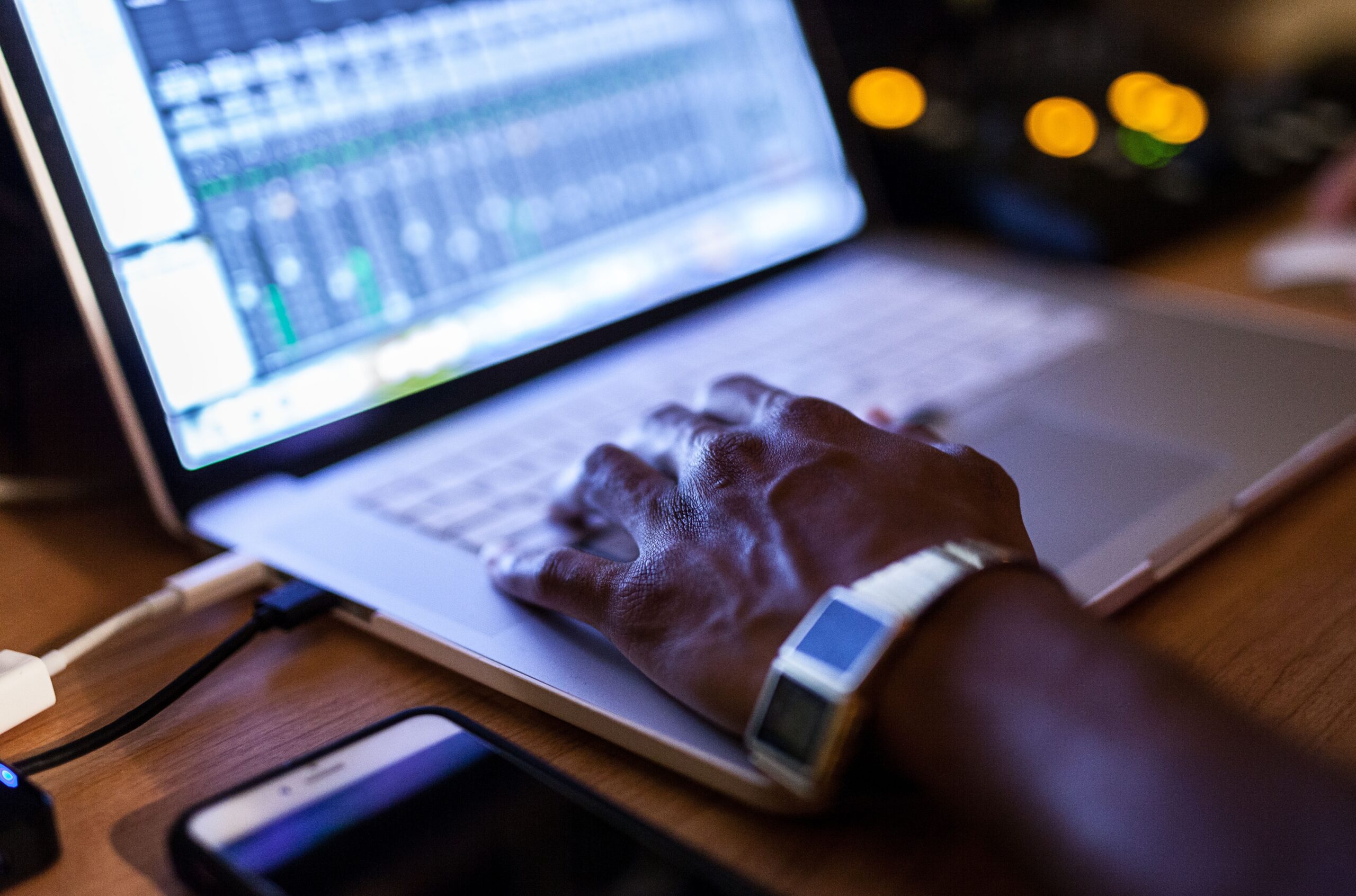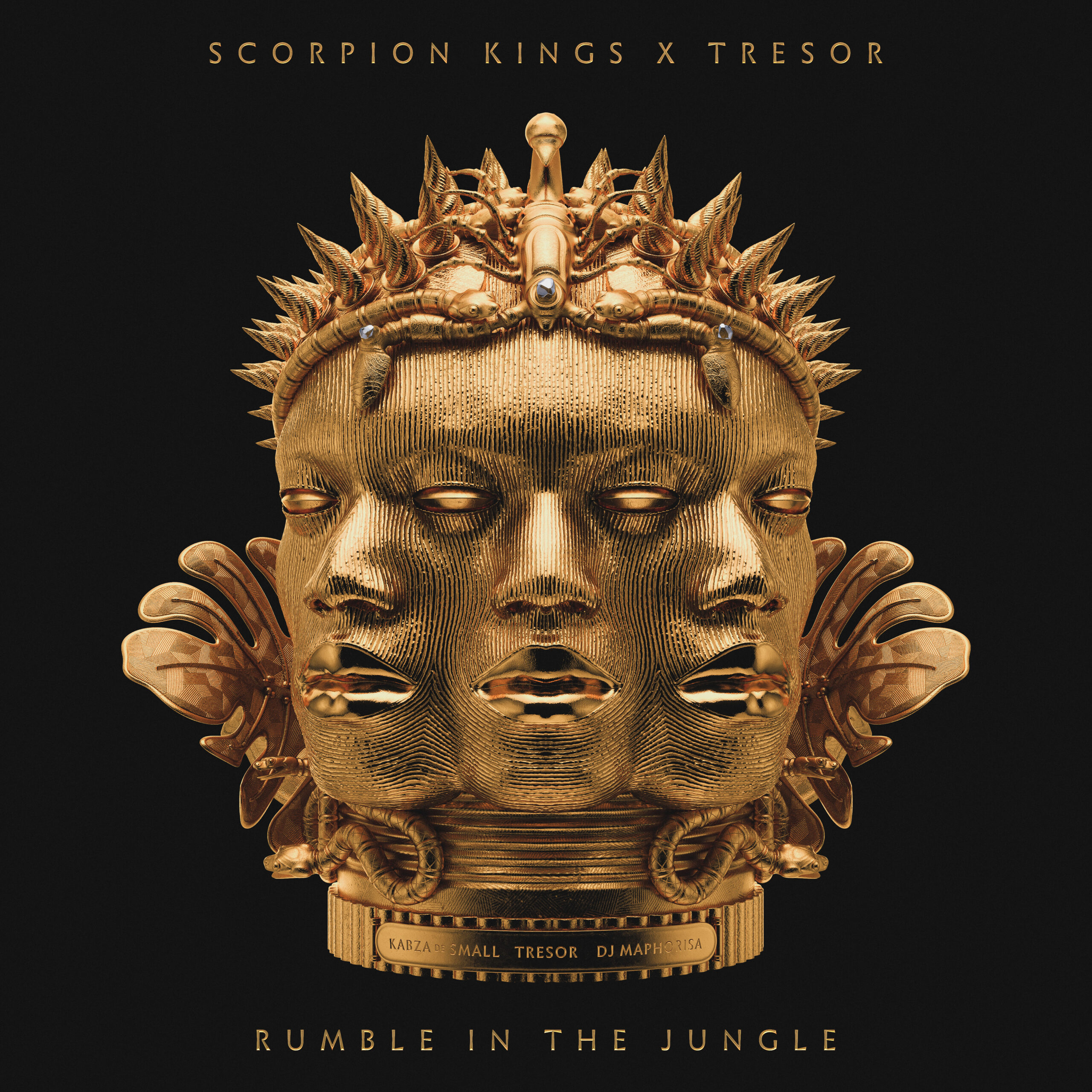Tik Tok for musicians
Once your songs are approved by TuneCore’s Content Review team, they’ll be live on TikTok within five days. Next, it’s time to set up your artist profile – you’ll need to come up with an original username, (if your desired username is taken, try something that is close to your other handles). You can follow the general guidelines of any other social channel here – in fact, as you build your brand, having a cohesive look across all profiles you exist on is a great idea. Update your photo, bio, and make sure to highlight anything new or upcoming.Be sure to highlight your other social handles in your bio. You can also add a video or photo to showcase your style/personality, too. Give users an idea of what kind of content you plan to share on TikTok – behind the scenes or in the studio? Trying out new songs or covers? Funny or topical commentary? Remember, as you begin to get more comfortable and figure out what kind of video content both suits your brand and resonates with fans, you can adjust accordingly.
DIY touring
An artist doesn’t find touring success overnight. It often takes years to reach a point of profitability on the road and, more than likely, you’ll encounter your fair share of setbacks in the pursuit of accomplishing your dreams.That being said, here’s the good news: you CAN push through it. If a life on the road is truly your dream, you will find the power to get to the next tour stop and you’ll be rewarded with bigger crowds, better payouts and maybe even a booking agent seeing enough potential in you to eventually join your team.Before these glory days commence, you will have to put a lot of work in. The more time you commit to planning out your runs, the quicker you’ll be able to find your rhythm and be on the road to success.
Spotify playlists
As playlists like Spotify’s “Rap Caviar” became household names, it only makes sense that all types of artists seek out that sort of real estate within their distributed streaming platforms. All genres have their playlists – some reaching only a few hundred fans, others reaching upwards of the millions! – and they’ve become major tastemakers. Plus, with the ease of simply ‘saving’ or clicking on an artist to learn more within the platform, fans can take discovery to the next level.Countless independent artists who use TuneCore to distribute their music have witnessed their platform followings, social followings, and most importantly, their streams all skyrocket overnight with the right (and often random) placement on a playlist. What they lack in the personalization of a blog write up or interview, playlists more than make up for in revenue. As such, pitching to playlist curators has become an essential part of artists’ and labels’ marketing strategies.
Pitching your music
Have you ever tried to reach out to media only to find the sound of a deep and resounding silence on the other end? Maybe you heard back from one or two people who gave you a firm, “Thanks, but no thanks.” If you’re really lucky you heard back from one underground blogger who loves the sound and will post right away – and that’s the only response you hear after sending dozens, if not hundreds of emails on your band’s behalf.It’s not easy to grab the attention of media when you’re a band or artist who is not on the blogger’s radar. There are some overlooked tricks of the trade that can help you beat the odds. These tricks can also make the difference in who will pay attention to you and who will rapidly reach for the delete button on the keyboard.
Digital marketing for musicians
Whether you’re a band, a solo artist/MC, or a producer, chances are that you will have to rely on yourself first when it comes promoting the music you create. And that’s OK! We’re living in an age that finds social and promotional platforms at our fingertips. While that’s obviously a major plus, it’s a double-edged sword in that it creates what can feel like an oversaturated independent music market. However, there’s really no excuse to not take advantage of them if you want to build a fanbase online.It’s important to concentrate on the digital promotion of your new releases, music videos, tour dates, or even just yourself/your band for the sake of getting the name out there. By doing so, you’ll be inviting more and more opportunities your way while simultaneously building a ‘brand’ around your music.
College radio promotion
If you’re an independent artist or band releasing new music, chances are you’ve considered reaching out to radio stations.Maybe you’re a little stuck on the ‘hows’, but increasingly – as corporate radio stations continue to be conglomerated and seemingly out of reach – folks get stuck on the ‘whys’ that might pop up.Why would I want to send my music to a radio stations if they’re only playing major label artists?Why would I want to send my music to a platform so few music fans use these days?Why would it be worth my time or effort to mail music to stations when I have such a little chance of being heard?!
While it’s true that a majority of radio stations on your FM dial are victims of the Telecommunications Act of 1996 (which allowed corporations to buy up radio stations by the bushel), there are a lot of college-run and independently-owned stations that get overlooked by newer artists, simply because of their own personal listening habits. If you didn’t grow up near a university with a great radio station or you were subjected to only Top 40, it’s totally understandable.
Selling Your Music Online
If you’re writing, performing and recording music regularly, chances are at this point that you have your preferred platforms for consuming other artists’ music, too. iTunes or Apple Music? Spotify or Deezer? Amazon or TIDAL? Soundcloud or Bandcamp? YouTube or Pandora? You get it – there’s a ton of options for listening these days.As you begin to prepare your next release, whether it’s a single, EP or full album, you might be asking yourself: how do I get my music on these platforms? And if you’ve gotten that far, you’re also probably wondering: how can I make money from my music online? Well, you’re not alone.Free platforms like YouTube, Bandcamp, and Soundcloud simply require a sign-up, some time to build your personal account, and uploading your audio files. Obviously the advantages to this is price and access to fans. Bandcamp even lets you set a price and sell releases right from your page. But what about those digital music stores and streaming platforms that fans can subscribe to? Surely all one needs to do is send their music directly to them, right?
Home recording
It’s never been easier to create and release music than it is today. All over the world, people of all ages and musical backgrounds are writing and recording music on their computers, and the statistics show that an astounding amount of music is now being uploaded and released through streaming platforms. Today’s music industry is giving independent artists more chances than ever before to create, record, and release music on their own terms, but if you’re a musician that’s not particularly tech-savvy, figuring out how to record music from your home studio can be intimidating.This is a special TuneCore Survival Guide to help make things easier for you. We’ll walk you through everything you need to know, from the initial gear you’ll need to purchase to tips for acoustically treating a space to getting your music mastered and released.
Sync licensing
SYNC – Everyone wants it. Everyone sort of knows what it is. But not everyone has a black belt in Sync-Kwon Do. Luckily for you guys, we have a few Senseis here at TuneCore who can break it all down for you. Here are some of the most important terms you’ll want to know when it comes to licensing your music for sync (TV, Film, Video Games, Ads, Etc)
COMPOSITIONS – A composition is any music as it exists as a piece of intellectual property. Basically the melody, progression, lyrics, rhythmic pattern, or any combination of thereof would be considered a composition. All songs are compositions but not all compositions are songs. Compositions without lyrics are often referred to as a “Piece”. In almost all cases the owner to the copyright of a composition is the original author(s) unless there is a written agreement between the author(s) and another person or entity (AKA a publishing company).
MASTERS – A master is a recording of a performance of a composition. The actual, tangible, recording. If you compose a piece of music for piano and five different pianists separately make recordings of that composition, you now have five different masters of one composition. Traditionally (though not as common these days), music labels would own their artists’ masters. Often, a label would give the artist money upfront (aka an advance) to pay for them to record songs for an album. If everything went well, the label would collect any money made off of the masters (via sales, sync, etc) until they recouped the money they advanced the artist. After that, both the artist and the label would share in the profits from the masters (hopefully).
Music publishing
When artists and songwriters hear “music publishing” for the first time, there’s usually a fair amount of confusion. When artists and songwriters begin to read more about “music publishing”, the confusion mounts even further. Not to fear – while music publishing is a complicated subject, it has a lot to do with how you make money from your music, and understanding the basics can go a long way.
In short, music publishing is really all about songwriters and copyrights. When music is used commercially (whether sold, licensed, or publicly performed), the songwriter and copyright owner is owed royalties. A music publishing company can offer multiple services for songwriters. As a ‘publishing administrator’, they administer the copyright – protecting the use of songs as well as collecting royalties owed from use.
On the creative side, some music publishers focus on the use and exploitation of the copyrights they administer by securing opportunities in the form of ‘sync licenses’ for film, TV, ads, video games, etc. Additionally, these creative teams play an active role in setting up co-writes and pitching songs to artists and labels to be recorded for the first time.Most deals with larger music publishers see copyright owners receiving 50% of all royalties the music publisher helps generate. At the end of the day, the songwriter still “owns” the song, but working out licensing, pitching to music supervisors, and collecting royalties is a lot of work.










